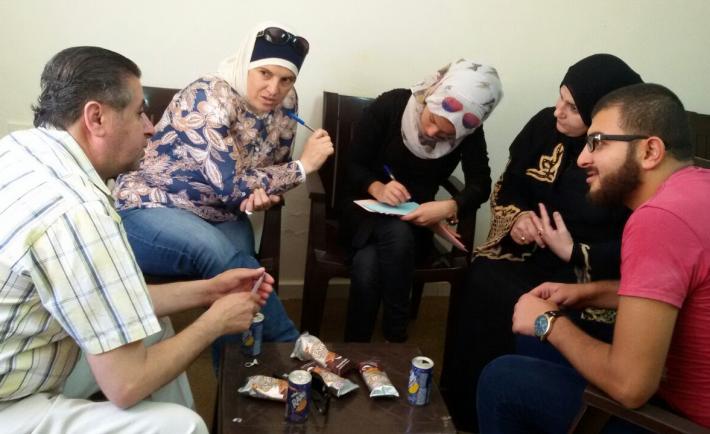Conflict thrives in divided societies, particularly when individuals in positions of power exploit differences for personal or political gain. Many factors, including scarcity of resources and recent histories of intergroup strife, can further exacerbate divisions and drive citizens apart based on political, ethnic, religious and other identity factors. When allowed to deepen, these divides threaten social cohesion and undermine the foundation of cooperation and collective action in democratic societies. As polarization increases, so do the challenges faced by governing institutions. Strengthening inclusive democracies can reduce polarization and bridge intergroup divisions by bringing communities together to pursue shared interests and to develop sustainable intergroup relationships.

